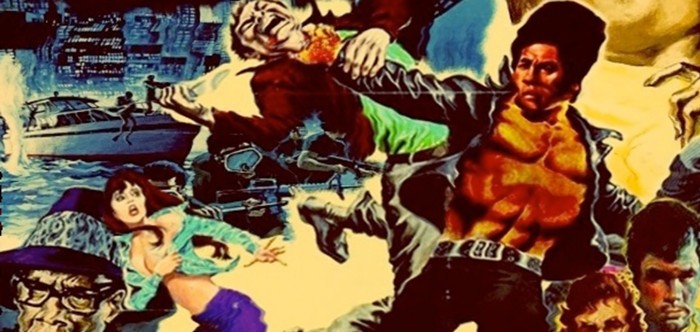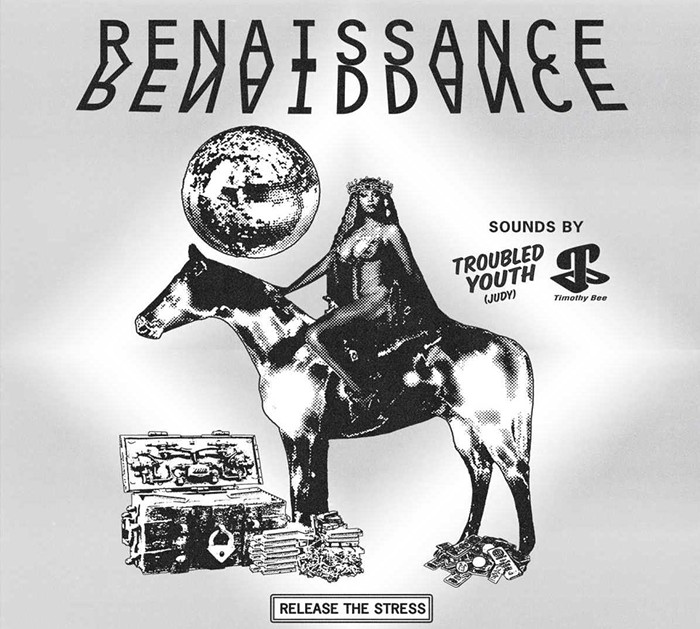IF WE OREGONIANS need a quick primer on Joe Pernice, think an East Coast Willy Vlautin (but without the booze and betting slips). Both are remarkably skilled musicians—songwriters first, singers second—and authors, stumbling down the fine line between cult literary icon and underappreciated bandleader of acts more popular over the pond than back on their respective coasts. While Vlautin's Richmond Fontaine deals in hazy country-tinged barroom tales, Pernice is a pop obsessive, pining for the days of '70s AM hit makers in his dozen or so albums recorded under various monikers (Scud Mountain Boys, Chappaquiddick Skyline, and in recent years, the Pernice Brothers).
While the tempo of Pernice's music has evolved over the years, his simple template—heart-shatteringly depressing songs masked in swelling, upbeat pop arrangements—has not. His wounded characters gulp exhaust fumes in garage suicide attempts, torch the grain silo when scorned by a lover, fall from the sky in airline crashes, and all the while the music soars around them with a cheerful indifference. If the song appears at the end of his pen, there are no clear winners, just relatable souls crushed beneath the unbearable weight of existence. Yet Pernice's constant theme of despair is absolutely genuine, acting as humble narrator through it all, never proselytizing to the listener as he offers up another emotionally crippling dose of sad songs cloaked in cheery arrangements.
The most recent record from Pernice is barely that, more a companion soundtrack to his debut novel, It Feels So Good When I Stop. Hardly his initial foray into the publishing world, Pernice has buffered countless tours to empty rooms (domestically) and musical acclaim (overseas) with a growing shelf of published works—a book of poetry, a limited-edition collection of lyrics, and The Smiths: Meat Is Murder, his contribution to the 33 1/3 series of music books. Yet while other musicians pad the ego by miraculously getting their words reprinted in book form—Jewel's unintentionally hilarious A Night Without Armor and Billy Corgan's poetry trainwreck Blinking with Fists come to mind—Pernice carved out his legacy as a gifted writer long before It Feels So Good When I Stop found its way to fiction shelves. The terrific novel fits within Pernice's comfort zone; a reluctant coming-of-age tale of life spent in the margins, complete with broken hearts, empty bottles, and a deep obsession with music.
"Every day, 10 am to 2 pm, those were the hours to write," Pernice explains, discussing his devotion to completing the novel without being distracted by music. "I kept recording, playing music, and writing until the day I signed the [book] contract, then I put it aside until I finished." His nearly year-long absence from the helm of the Pernice Brothers was the longest songwriting gap in his prolific career, but the musical accompaniment to the novel—fittingly titled It Feels So Good When I Stop (Novel Soundtrack)—finds Pernice back behind a mic covering songs that play a role of intrigue to the book's unnamed narrator. Del Shannon's "I Go to Pieces" is transformed into a gorgeous sweeping pop number, and Pernice's breathy delivery adds a new level of stark intimacy to Todd Rundgren's '70s slow-dancing staple, "Hello it's Me." Sebadoh's Lou Barlow also makes a cameo, not on the record (although Pernice does contribute a spot-on cover of his "Soul and Fire"), but in the novel itself.
"Even though we were on the same label and we lived miles away from each other, we've never met," says Pernice. "I wrote to him and said, 'I want to make you a character in my book. Don't worry, you'll be a decent guy in the book.' He wrote back and said, 'Thanks for asking, go right ahead, and you can turn me into a dick if it's more appropriate.'"



















